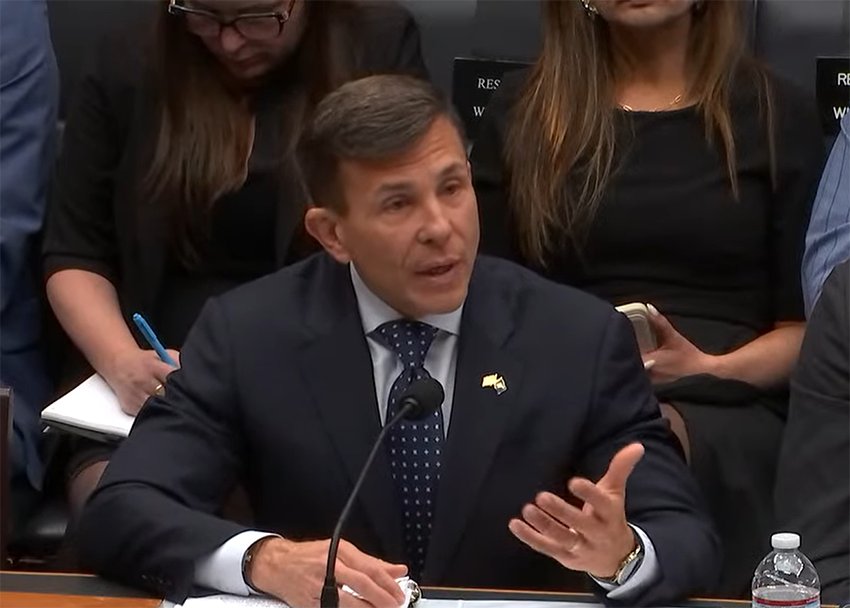Artificial intelligence and machine learning have boosted drug development and enhanced the value of biotech firms for years, but investors and companies need to ignore the hype and look for applications of AI that add real value, according to a group of leaders working in the field.
“I see the value of machine learning as better therapies for patients,” said Liz Schwarzbach, Chief Business Officer at BigHat Biosciences, a firm using algorithms to model complex treatments as part of early-stage drug discovery. “That will be the measure of the value that we provide to the industry. If we’re able to have safer, more effective drugs, that would be the value of AI.”
In a Feb. 27 panel at the BIO CEO & Investor Conference in New York, Schwarzbach and three CEOs told moderator Swayampakula Ramakanth, Ph.D., Managing Director and Senior Healthcare Analyst at H.C. Wainwright, why AI is becoming an essential tool for their work. They also noted the limitations of the technology and discussed the kinds of AI and machine-learning-based applications investors should be looking for.
Abe Heifets, Ph.D., CEO and Co-Founder of Atomwise, a firm that invented its own machine-learning-based platform to discover new small molecule drugs, said that when it comes to achieving value, the goal is not to use AI to speed the process but to discover the most unique and effective drug candidates. “The revenues can be 10 times higher if you’re talking about first-in-class or best-in-class molecules. And that’s also the highest value for patients,” he said.
How can you use AI to validate innovations?
While AI drug discovery is an exciting field, Ramakanth noted that investors need more than excitement—they need proven solutions. He asked how firms in the field can validate their innovations.
Insilico Medicine has proven its value by rapidly developing its own drugs for clinical testing, according to Petrina Kamya, Ph.D., VP and Global Head of AI Platforms and President of Insilico Medicine Canada. In addition, the company has licensed out its software for others to use in development, which allows for transparency around their solution.
“So if anyone has any questions with regards to whether or not this technology works, license the software. Try it out yourself and see how it will augment your own internal programs,” she said.
Transparency was also emphasized by Zachary Carpenter, Ph.D., Founder and CEO of VantAI, a company using AI to speed the development of drug discovery by pairing proteins. He suggested that all AI drug development could benefit from agreeing on specific benchmarks for success.
“Benchmarks are extremely important,” he said. “Interaction with open source community to develop these benchmarks—to have outside thinking as part of the thinking process—is incredibly important to move the field forward.”
Not the solution for everything, but an essential tool
The panelists stressed that AI cannot handle all of the tasks of drug development. Heifets said it is best used as a tool to get drugs “to the clinic, not through the clinic” because it can help to investigate drug candidates, but classical clinical trials are still needed to confirm the efficacy of these drugs.
According to Kamya, AI modeling can do a lot to help check drug interactions and screen drugs for toxicology purposes, to help ensure they are safe, but it cannot do the job of investigating efficacy. Carpenter agreed and said that, someday, AI could be so effective at screening for safety that researchers could be able to stop testing on animals.
Nonetheless, given the power of AI to enable faster, more efficient drug discovery, all firms seeking to develop drugs will soon have to adopt the tool or fall behind, the panelists agreed.
“It’s already here to stay,” said Schwarzbach. “I think we’ve just gotten more sophisticated in our application of it, and the uses are going to get broader. There’s an infinite amount of opportunity.”




